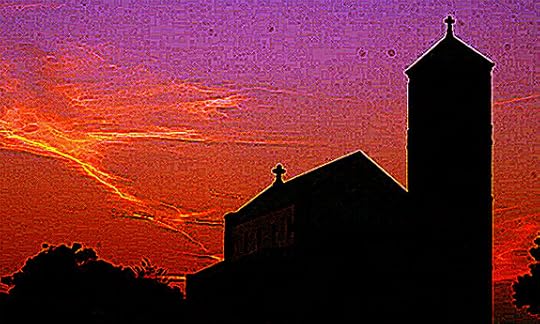Parish Mission Statements and Authentic Ecclesiology

Parish
Mission Statements and Authentic Ecclesiology | Brian Jones | CWR blog
Last
Sunday, I was skimming through the bulletin of the local parish that
my wife and I regularly attend (not, of course, during the homily).
Usually, I find myself being drawn to seeing what sorts of ministries
a parish offers, since it provides a unique glimpse into the identity
and self-perception of the parish.
My
wife called my attention to the front cover of the bulletin, asking
me what I thought of the “parish mission statement.” It reads as
follows:
We,
the people of St. X Parish, are a joyful Roman Catholic Community. We
believe Our Lord calls us beyond membership to become His true
disciples and live as one body in Christ. Therefore, we choose to use
our unique gifts to build a welcoming, interconnected gathering of
the faithful that will be a beacon, a light to the world”
(I have intentionally left out the actual name of the parish).”
I
had not read that small and condensed paragraph before, and so I was
curious to find, upon reading it numerous times, that several telling
points were hiding in it.
Before mentioning the three
particular points worth analyzing, I want to provide an explanation
as to why a critical assessment of something like this is necessary,
and cannot not simply be viewed as nit-picking. The first point
follows from what the above quote actually is—a mission statement,
a quasi-normative theological outlook that seeks to publicly profess
its identity and the reason for its existence. What underlies the
statement is the very nature of the Catholic Church (universally and
particularly); consequently, it is essential that we get this
correct, for our sanctity and eternal salvation is at stake.
Secondly, a view such as the one listed not only undercuts a proper
ecclesiology, but also demonstrates a rather ambiguous understanding
of the Church’s salvific and missionary character. Ultimately,
these two components are the effects of what I consider to be a
severe lack in the substance and explanatory power of traditional
Catholic theology, and ends up positing words or ideas that lack any
deep connection with the Church’s philosophical, theological, and
spiritual tradition.
The
most simple and effective way of breaking down this paragraph is
through a division
into
three parts.
The
first division comes from the opening of the paragraph: “We,
the people of St. X Parish, are a joyful Roman Catholic Community.”
Carl E. Olson's Blog
- Carl E. Olson's profile
- 20 followers



